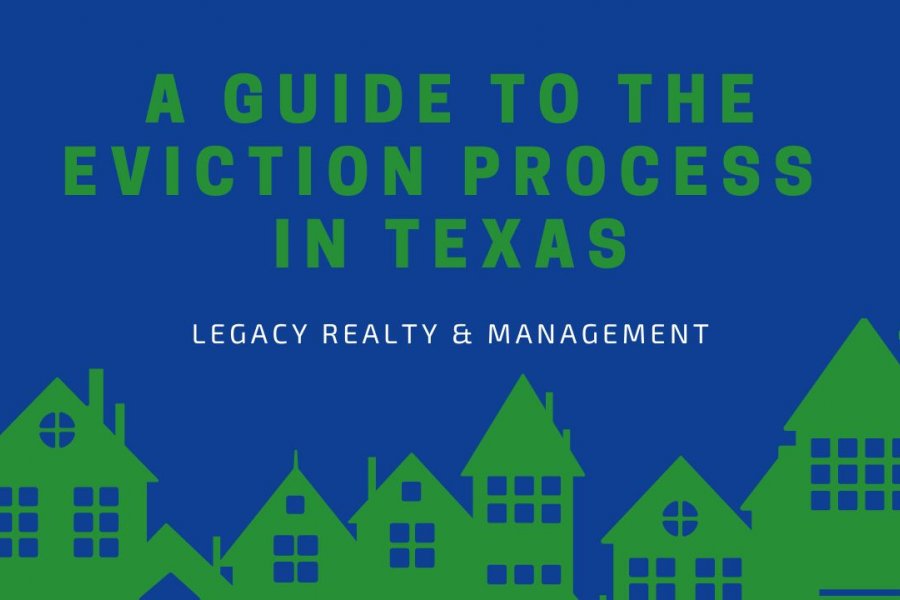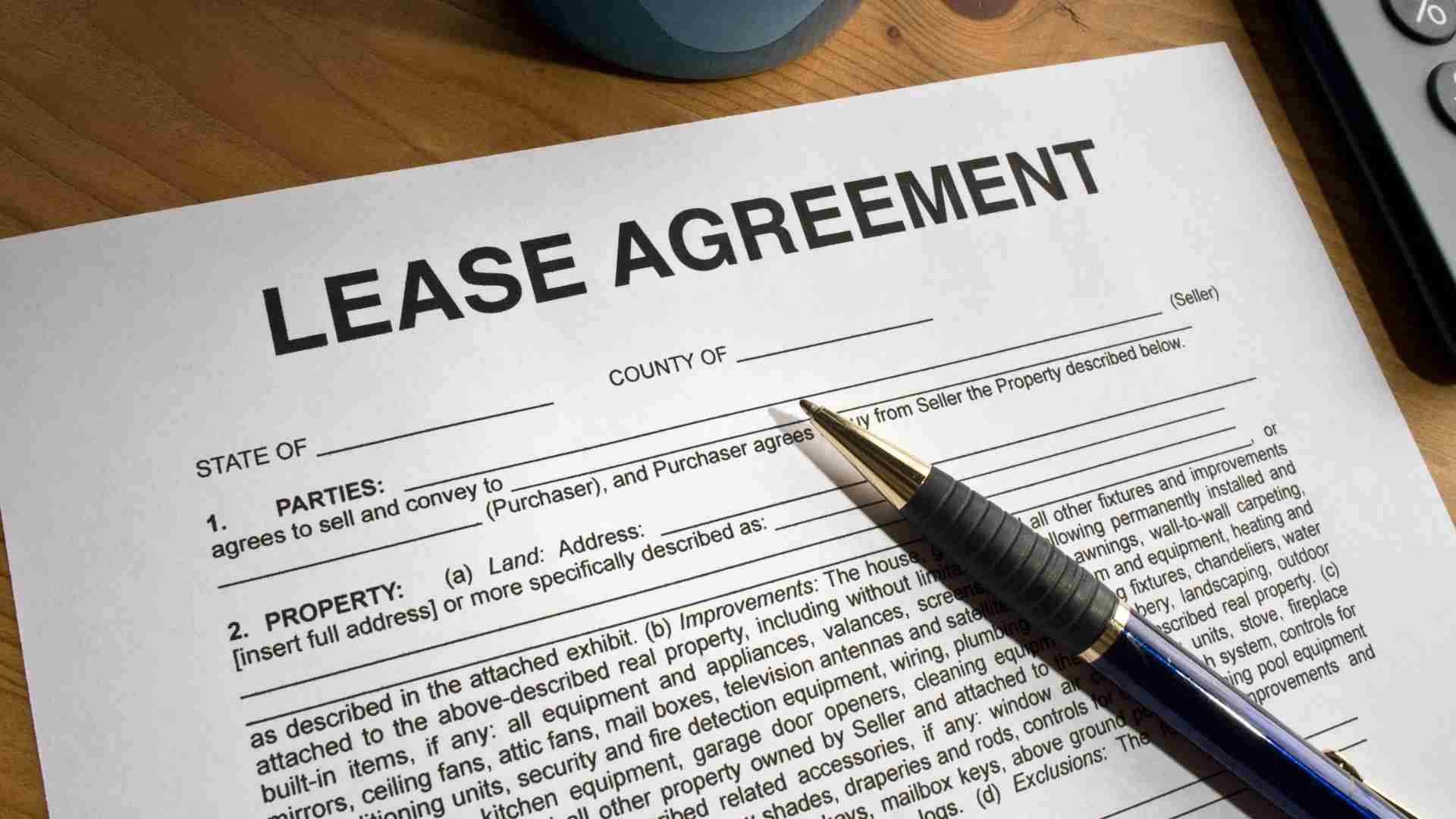
As a landlord, you might be wondering: how long does an eviction take? Many states have their own rules and regulations that indicate how the eviction process needs to be handled.
While no landlord wants to find themself in a situation where they need to evict a tenant or file an eviction suit, in some cases it’s necessary. In this article, we’ll guide you through what to expect after you start the process under Texas Law.
Providing Notice
A landlord in Texas is allowed to evict their tenant for the following reasons:
Failure to Pay Rent
A landlord may give a tenant an eviction notice in Texas if they don’t pay their rent on time upon request. In Texas, rent is considered late if it remains unpaid for 2 days after it’s due.
Violating the Terms of the Lease
A tenant can receive a Texas eviction notice if they fail to uphold their responsibilities as a renter. Examples can include illegal activity, uncleanliness, disturbing neighbors or other tenants, and damage to the property.
No Lease or End of Lease
According to eviction Texas law, a landlord can end a tenancy for any reason at any time if the lease term has ended or if there’s no written lease. A renter may also potentially break the lease agreement in Texas .

According to eviction laws in Texas, all lease violations are considered incurable, meaning the landlord has no obligation to allow the tenant to remedy the issue before continuing the eviction process.
Because retaliatory evictions are illegal, landlords need to keep tenant legal rights and protections in mind before filing for an eviction. Additionally, landlords must have a legal reason to evict their tenants or end a lease early.
Landlords must win their eviction hearing in order to legally remove a tenant from their rental. Regulations need to be followed in order to avoid a potential eviction lawsuit.
Giving an Eviction Notice to a Tenant
Each type of eviction has its own legal notice form. In Texas, there are 3 different types of notices based on the reason for eviction. These include:
3-day Notice to Pay Rent
A 3-Day Notice to Pay can be issued by a landlord when their tenant doesn’t pay their rent on time and in full.
3-day Unconditional Quit Notice
A landlord can issue a 3-day Unconditional Quit Notice to their tenant for incurable offenses like illegal activity or excessive damage to the property.
Notice to Quit: No Lease or End of Lease
It’s up to the landlord to decide whether or not to evict a tenant without a lease. The amount of notice needed will depend on how often rent is paid.

The landlord must provide the eviction notice to their tenant either by delivering it in person or sending it by mail. The landlord can also leave the notice on the property, near the front door or in the mailbox.
The eviction request notice will indicate how many days the tenant has to vacate the premises.
For example, a 3-day Notice gives the tenant 3 days to vacate the landlord’s property. If the tenant doesn’t vacate within the given time-frame, the landlord can continue with the eviction process.
Filing and Serving the Petition
The next step in the eviction process is filing a petition with the appropriate Justice of Peace Court in Texas.
- The petition provided should include the following:
- The landlord and tenant’s legal names and contact information.
- The tenant’s date of birth, the last 3 digits of their driver’s license and the last 3 digits of their social security number.
- Rental address.
- Reason for eviction.
- Date and delivery method of the eviction notice.
- Whether the landlord has decided to sue for rent.
- Whether the landlord wishes to file a bond for writ of possession.
- Whether or not the tenant is in the military or on active duty.
- Alternate addresses where the tenant can be sent notice.
- The landlord’s official request for a jury trial and consent for the tenant’s reply to be sent via email.
- A signature of a notary from the Clerk of Justice Court.
Once this is filed, a citation will be created and served to the tenant at least 6 days before the hearing. The citation must be delivered in person to the tenant or someone who lives with the tenant.
If this isn’t possible, it can be sent via mail in addition to being left on the door of the property.
Court Hearing and Judgment
Once the tenant receives the landlord’s complaint, they can choose to contest the petition by filing a written response with the court no more than 14 days after being served. However, the renter may instead choose to respond in person at the eviction hearing.
The hearing will be held 10-21 days after the initial complaint was filed, giving you lots of time to find a great attorney.
To prepare, both the landlord and tenant should bring a copy of the lease, the written notice that was served, the complaint and any evidence or witnesses that may be relevant to the hearing. An attorney may be a possible option to ensure total compliance.
If the judge rules in the landlord’s favor at the hearing, a Writ of Possession will be issued and the eviction process will continue. If the tenant doesn’t go to the hearing, the judge will automatically rule in the landlord’s favor. But an appeal is an option.

The tenant can file an appeal within 5 days of the ruling. Any appeal made would stop the eviction process from going forward. Landlords should continuosly follow these regulations to avoid a eviction lawsuit.
Writ of Possession
A Writ of Possession in Texas is given to the tenant as final electronic written notice to clear out their belongings and vacate the property. This must be issued no earlier than 6 days after the court ruling.
Property is Returned to the Landlord
After being served with the Writ of Possession, the tenant has 24 hours to vacate the property. If they fail to do so, the sheriff or constable will go to the property and forcibly remove the tenant.
Bottom Line: Eviction in Texas
The above eviction process usually takes 4 to 10 weeks, but can take longer. If you have any questions about the eviction process under Texas Law, you can always seek the counsel of a knowledgeable property management company.
Please contact the expert team at Legacy Realty and Management . if you have any questions regarding this content or any other aspects of property management.
Disclaimer: This blog post should not be used as a replacement for legal advice about Texas eviction laws from a licensed attorney. Laws frequently change, and this post may not be updated at the time that you are reading it.
